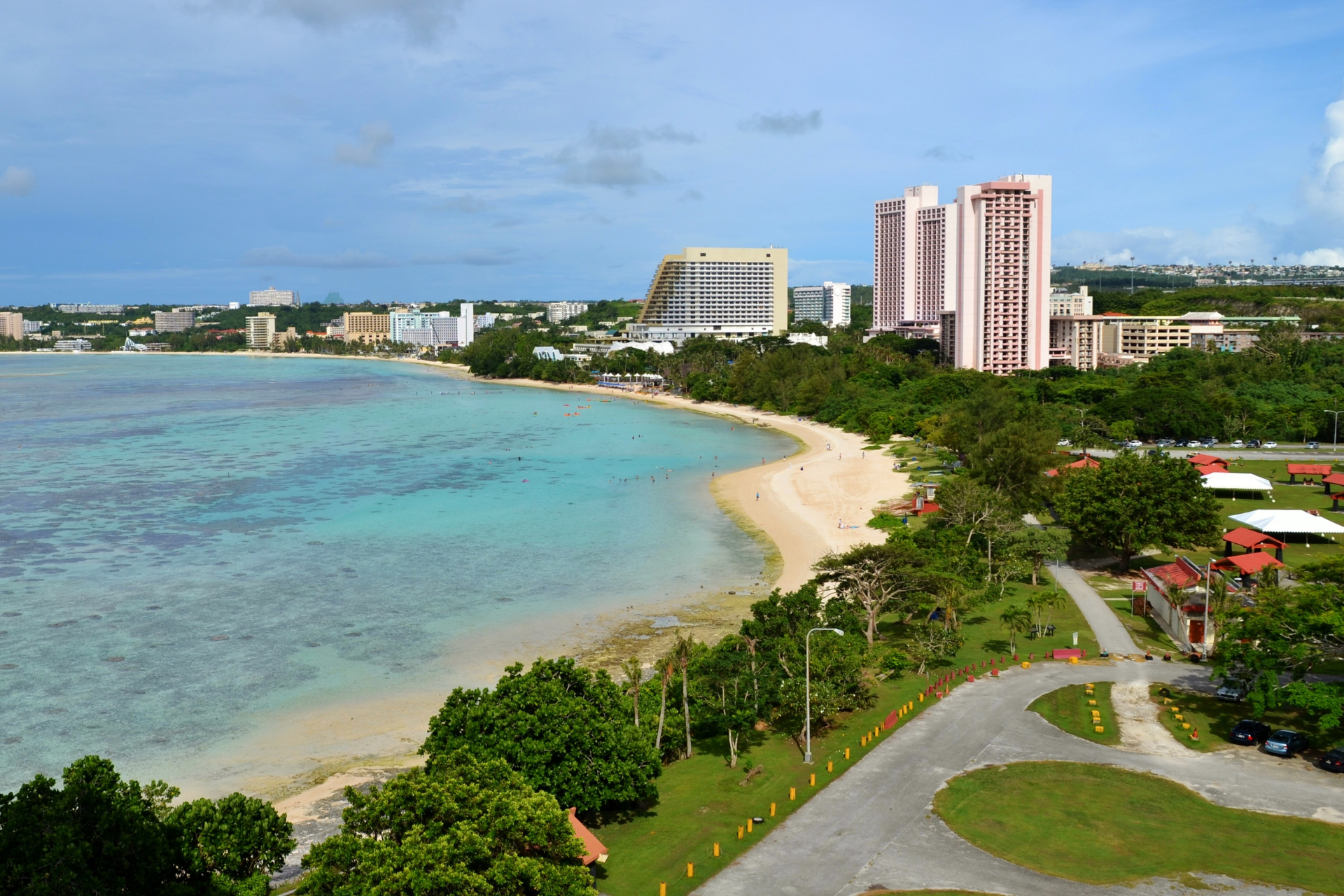Legislation passed by the U.S. House of Representatives late last year provided for a referendum in Puerto Rico that would have enabled voters to choose from among three options to create a new relationship with the United States:
- statehood
- independence
- sovereign free association
Statehood and independence have many examples that we can look at to give voters a sense of what their future will be; there are 50 states in the United States and 193 member countries in the United Nations (including the three countries with free association arrangements with the U.S.).
Sovereignty with free association is less common, but voters still have a sense of what their lives would be like under this arrangement by looking at three nations that have Compacts of Free Association with the United States:
- the Republic of the Marshall Islands
- the Federated States of Micronesia
- the Republic of Palau
Puerto Rico voters can refer to these existing relationships to get a clear understanding of what it means to be a free associated state.
Citizenship
In general, the constitutions of the freely associated states (FAS) forbid dual citizenship for their residents. Palau has amended its constitution to allow it while the FSM has voted down a constitutional amendment to do so.
Article III, Section 3 of the FSM Constitution states that: “A citizen of the Federated States of Micronesia who is recognized as a citizen of another nation shall, within 3 years of his 18th birthday,or within three years of the effective date of this Constitution, whichever is later, register his intent to remain a citizen of the Federated States and renounce his citizenship of another nation. If he fails to comply with this Section, he becomes a national of the Federated States of Micronesia.” In other words, a child who holds dual citizenship of FSM and some other nation must choose between them upon becoming an adult. Dual citizenship is not allowed under the constitution of the Federated States of Micronesia.
Palau also made dual citizenship illegal and required citizens to choose between dual citizenships at age 21. However, an amendment to the Palau Constitution recognized dual citizenship in 2008.
The constitution of the Marshall Islands says that “no person may become a citizen by registration pursuant to Article XI, Section 2 of the Constitution of the Marshall Islands unless he has renounced any citizenship which he may possess and has taken and subscribed, in the prescribed manner, the prescribed oath of allegiance.” There are possible exceptions to this rule, under the authority of the High Court of the Marshall Islands.
Updated March 19, 2023


